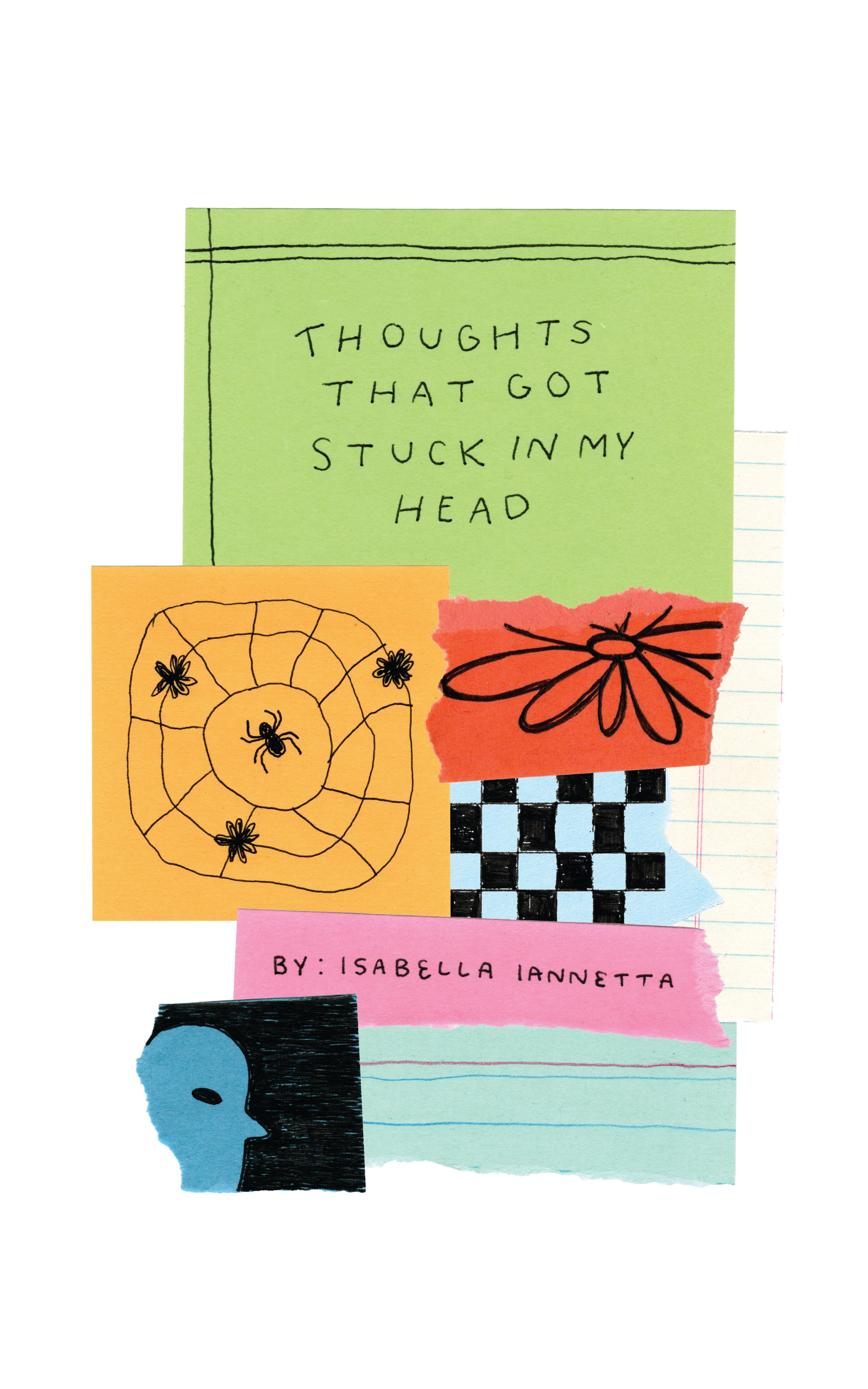Author: Bella Iannetta, Sr. Strategist at Dentsu Creative
Expanding the narratives around living with mental illness
A found that 75% of respondents would be reluctant or would refuse to disclose a mental illness to an employer or co-worker. Respondents were nearly 3 times less likely to want to disclose a mental illness like depression than a physical one like cancer.
I used to be one of those 75%.
For a long time, I did my best to hide my OCD from others - that is until I landed myself in the hospital. It was then that I began to accept that I need support from others in order to heal. In order to receive that support, I needed to be honest about what was going on.
This same study also found that 76% of people would be comfortable working with and supporting a colleague that has disclosed their mental illness. Why are we willing to support others, but not ask for it ourselves?
A big winner in the awards circuit last year was . This was an incredibly moving piece to increase awareness of depression and suicidality for those that don’t experience it. What’s missing though, as with most advertising examples I’m seeing, is representation of the lives people live with mental illness every day.
So often, the narrative around mental illness is quite binary: the person either takes their own life or is miraculously cured and things return to “normal”. When those are the only two options presented in the stories we tell, it pushes the people who live with persistent mental illness even further away from the conversation about long-lasting support from the community and workplaces, and can make them hesitant to ask for and accept help.
These advertising narratives often miss the messy middle; the “living” part of “living with mental illness”. This is the point I’d love to see made in future campaigns: awareness for and acceptance of a variety of named mental illnesses, Otherwise these ads will continue to raise awareness for support that comes too late.
This shift begins with people being brave enough to share their own stories of what it’s actually like to live with mental illness. For me, disclosing that I have OCD to my manager and colleagues () gave me a lot of the same feelings as when I publicly “came out” as queer a few years ago: nervous and afraid of potential judgement, but also relief that I wouldn’t have to hide such a big piece of myself anymore. The same way I was inspired by specific colleagues (you know who you are) to come out as queer, I was inspired by someone (you also know who you are) to tell others that I have OCD. And I aim to inspire others to do the same.

Image: cover of Thoughts that got stuck in my head – an intrusive thoughts poetry book by Isabella Iannetta, Sr. Strategist at Dentsu Creative; cover design by Natalie Mathers, Creative Director at Academy Inc.
It’s time we started treating ourselves with the same kindness we are willing to give to others. And it’s time to consider how we are willing to give that support. Personally, I’m beginning by starting a Canadian chapter of the Enablement Business Resource Group at Dentsu. One of its goals is to provide a safe space for community support and broader education on the realities of living with mental illness. If you’d like to get involved or start one at your own agency, please feel free to reach out to me to compare notes and share advice.

